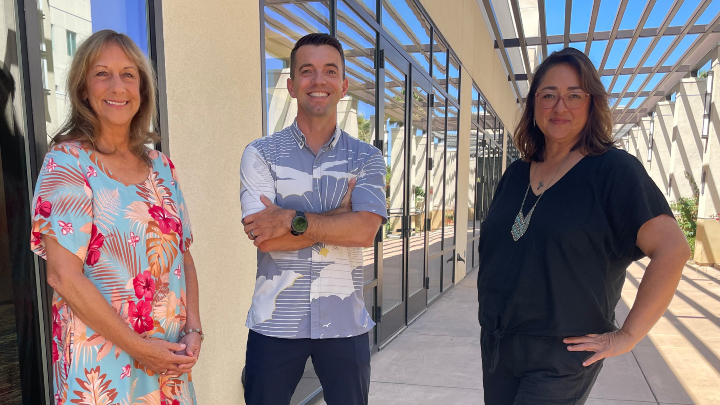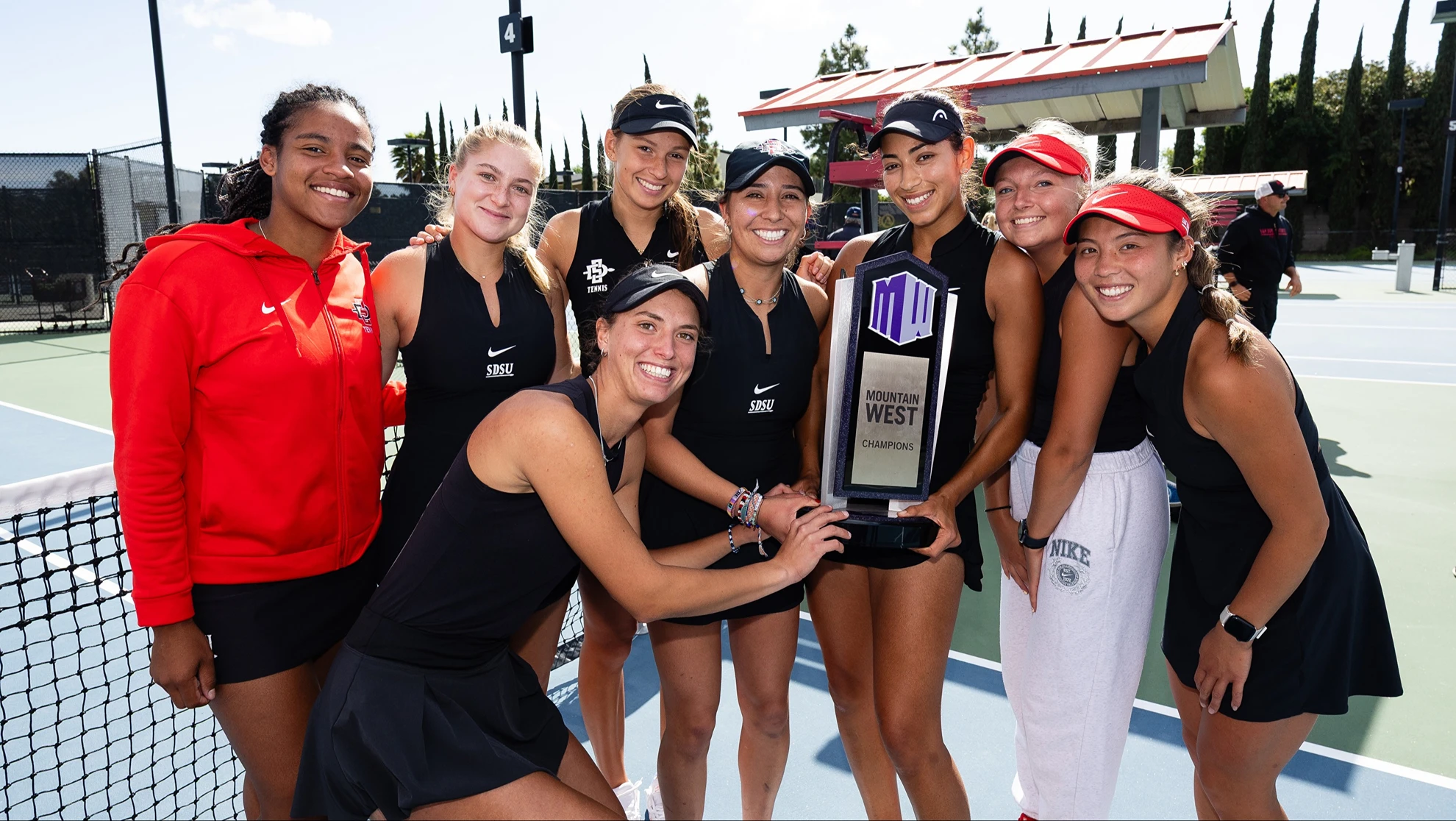Dual-credential program between special education and general education gets green light
SDSU gets $750K for Project OCEANSIDE, a new dual credential program to prepare culturally responsive teachers.

A new federally-funded collaboration between San Diego State University’s Department of Special Education and School of Teacher Education (STE) aims to break down traditional teacher preparation silos and prepare culturally responsive educators to meet the needs of diverse students with disabilities.
Over the summer, the U.S. Department of Education awarded $750,000 to Project OCEANSIDE, a cross-disciplinary, five-year effort to develop a dual credential program in general and special education.
"The idea is to stop siloing the way we prepare teacher candidates here,” said Christopher Brum, coordinator of SDSU’s liberal studies program and associate professor of special education. "I think this funding was the catalyst that needed to happen to help us authentically design a meaningful dual credential program — one that's not just a stacked program.
“I think it's a really great time to look at how we're doing things and put together a way to start to cross departmental lines."
As project officer on the grant, Brum will team on the project with School of Teacher Education Professor and Director Lynne Bercaw, Special Education Professor and Chair Laura Hall and Mónica Baldonado-Ruiz, assistant professor of literacy education. Baldonado-Ruiz is an expert in Culturally Sustaining Pedagogy, an approach to teaching that centers the cultural and linguistic identities and experiences of diverse students and communities that is at the heart of the project.
"We know that we need teachers that are qualified to support kids with disabilities, but also we know that students — and especially students with disabilities — need teachers that look like them,” Brum explains. “So it’s twofold in that sense. We need diverse special ed teachers.”
The funding will support faculty efforts to design the curriculum, though Brum noted that he is eager to apply for future grants to support candidate cohorts.
But there is plenty of work to be done in the meantime. Brum said the project will create a non-judgmental collaborative space for faculty members to analyze course syllabi with an eye to where content overlaps and where new material and courses can be introduced.
In the first year, the project team will also work to assemble an advisory board made up of stakeholders from diverse school districts communities, including local tribal nations. The board will provide input on needs that new teachers aren’t addressing and offer feedback on how preparation can be changed to change that.
“I’m excited to bring those community partners to the table to say, ‘What can we do and how can we develop our program?” Brum said. “It's not just us in the ivory tower deciding how a teacher should be prepared. We do know a lot of that, but we're missing some important pieces.”
This is the second dual-credential program in the works to prepare special educators. Last fall, the State of California Commission on Teacher Credentialing funded the creation of a program between the Department of Special Education and the Department of Dual Language and English Learner Education focused on teaching multilingual learners who also qualify for special education instruction.



